Review of the Day: Ghetto Cowboy by G. Neri
 Ghetto Cowboy
Ghetto Cowboy
By G. Neri
Illustrated by Jesse Joshua Watson
Candlewick Press
$15.99
ISBN: 978-0-7636-4922-7
Ages 10 and up.
On shelves now.
Fun Fact: Parents these days speak in code. As a New York children’s librarian I had to learn this the hard way. Let’s say they want a folktale about a girl outwitting a witch. I pull out something like McKissack’s Precious and the Boo Hag and proudly hand it to them. When I do, the parent scrunches up their nose and I think to myself, “Uh-oh.” Then they say it. “Yeah, um . . . we were looking for something a little less . . . urban.” Never mind that the book takes places in the country. In this day and age “urban” means “black” so any time a parents wants to steer a child clear of a book they justify it with the U word, as if it’s the baleful city life they wish to avoid (this in the heart of Manhattan, I will point out). Any black author or illustrator for children that you meet will probably have stories similar to this. Maybe part of the reason I like Greg Neri so much is that he’s not afraid to be as “urban” as “urban” can be. He does all the stuff these parents cower from. He writes in dialect, sets his stories in cities, talk about gangs and other contemporary issues, and produces stories that no one else is telling. That no one else is even attempting to tell. Street chess? Try Chess Rumble. Graphic novels discussing how the media portrays black youth? Yummy. And how about black cowboys living in big cities like Philadelphia or Brooklyn? For that you’d have to find Ghetto Cowboy (not “Urban Cowboy”) and read it in full. Because if there’s one thing Neri does well it’s tell a tale that needs to be told.
 Cole’s been in trouble plenty of times before, but this is different. This is worse. After getting caught after skipping school for large swaths of time, Cole’s mother has had all that she can take. Next thing he knows they’re barreling out of Detroit, the only home he’s ever had, straight for Philadelphia. There, Cole’s father, a guy he’s never met before a day of his life, lives a peculiar life. Cole’s heard of cowboys, sure, but whoever heard of cowboys in Philly? Turns out that his dad helps run an urban stable where he works to get neighborhood kids interested in helping care for and ride the local horse population. But with a city intent on carting the horses away, it’s going to take more than good intentions to keep these modern day cowboys up and running. It’s going to take Cole’s help.
Cole’s been in trouble plenty of times before, but this is different. This is worse. After getting caught after skipping school for large swaths of time, Cole’s mother has had all that she can take. Next thing he knows they’re barreling out of Detroit, the only home he’s ever had, straight for Philadelphia. There, Cole’s father, a guy he’s never met before a day of his life, lives a peculiar life. Cole’s heard of cowboys, sure, but whoever heard of cowboys in Philly? Turns out that his dad helps run an urban stable where he works to get neighborhood kids interested in helping care for and ride the local horse population. But with a city intent on carting the horses away, it’s going to take more than good intentions to keep these modern day cowboys up and running. It’s going to take Cole’s help.
ADVERTISEMENT
ADVERTISEMENT
 Neri got the idea back in April of 2005 when he read an article in LIFE Magazine called “Street Riders”. The piece highlighted the urban black horsemen of North Philadelphia and the Brooklyn-Queens area. I would have liked the book to have said more about them, but there’s not much mentioned here aside from the Author’s Note. That said, Neri does provide a link to his website where kids can find out more about the real life stories behind that book. It’s a start. And with real people to talk to and base this book on, Neri manages to make this lifestyle sound not merely possible but appealing. Rare is the kid who can read this and not wish they had a horse of their own just waiting for them. Heck, it has the ability to use the term “The Cowboy Way” without sounding ridiculous.
Neri got the idea back in April of 2005 when he read an article in LIFE Magazine called “Street Riders”. The piece highlighted the urban black horsemen of North Philadelphia and the Brooklyn-Queens area. I would have liked the book to have said more about them, but there’s not much mentioned here aside from the Author’s Note. That said, Neri does provide a link to his website where kids can find out more about the real life stories behind that book. It’s a start. And with real people to talk to and base this book on, Neri manages to make this lifestyle sound not merely possible but appealing. Rare is the kid who can read this and not wish they had a horse of their own just waiting for them. Heck, it has the ability to use the term “The Cowboy Way” without sounding ridiculous.
So here’s the thing that makes the book hard for white people to discuss. It’s written in natural speech. Neri has a keen ear for how people talk and so that’s how he writes the book. A typical sentence reads, “I guess I didn’t wanna waste no more time with teachers and homework and all a that, ‘cause what difference do it make in the end? I’ll never do nothing great in my life.” The argument that gets lobbed against books that use terms and phrases other than The Queen’s English is that if you write that way then kids will think it’s okay to write and speak that way themselves. Never mind that this is a book written for 9-14 year olds who already have a pretty darn good grasp on the language, or that when an adult novel is written in a vernacular it’s “artistic” whereas a children’s book that does the same thing it’s “dumbed down”. Children’s books are battlegrounds. They’re where we fight out bigger issues. So yes, someone is going to complain about how this book is written. The fact that the language suits the characters, suits the setting, and does a great job of displaying the theme anyway? Apparently that doesn’t matter. Sheesh.
The book does get a little obvious thematically at times. You’ve a got a kid saying things like “Just thinking about all that work makes me tired. But then I think about this past week and how all that hard work turned into something good.” Yet even when Neri is saying what he means, you never doubt that character’s feelings. There’s an honesty to the book and to the changes Cole experiences. And while the story itself may contain a happy ending for both boy and horse, that doesn’t mean it’s an easy ending for either of them.
 Artist Jesse Joshua Watson has been Neri’s longtime collaborator right from the start. Together they worked on Chess Rumble, when Watson wasn’t illustrating Bob Marley bios or Sharon Draper mysteries. One way or another, Watson has become the go-to guy when it comes to illustrating contemporary African-American boys. In Ghetto Cowboy, however, he’s had to add an extra difficult element: horses. I can’t tell you how many artists get stumped having to draw horses for books. Watson doesn’t shy away from the challenge, though. He has horses shying away from people, horses at rest, horses cantering, and horses running full throttle. I think it’s safe to say that it’s still people that Watson excels at, but there isn’t a moment in this book when you don’t believe in these animals.
Artist Jesse Joshua Watson has been Neri’s longtime collaborator right from the start. Together they worked on Chess Rumble, when Watson wasn’t illustrating Bob Marley bios or Sharon Draper mysteries. One way or another, Watson has become the go-to guy when it comes to illustrating contemporary African-American boys. In Ghetto Cowboy, however, he’s had to add an extra difficult element: horses. I can’t tell you how many artists get stumped having to draw horses for books. Watson doesn’t shy away from the challenge, though. He has horses shying away from people, horses at rest, horses cantering, and horses running full throttle. I think it’s safe to say that it’s still people that Watson excels at, but there isn’t a moment in this book when you don’t believe in these animals.
Generally horse books are written off as girly affairs. Just one great big metaphor with a saddle. This book’s release, however, comes out almost in tandem with the cinematic and staged productions of Michael Morpurgo’s War Horse. Boys and their attachment horses haven’t garnered this much attention since the good old days of The Black Stallion. We are seeing a veritable horsey renaissance and Ghetto Cowboy fits right into all of that. There’s an honesty to Neri’s writing that kids are going to respond to. Let them get past the cover and they’ll discover a book that speaks to them. Inspiration comes from funny places sometimes. Wherever it comes from, though, it’s worth it in the end. Definitely recommended for everyone.
On shelves now.
Source: Final copy sent from publisher for review.
- Finding Wonderland
- The Happy Nappy Bookseller
- Juniper’s Jungle
- Rhapsody in Books Weblog
- A Rogue Librarian’s Reading List
Misc:
- The sheer amount of info found on Neri’s website can’t be beat by anything, so I recommend you stop there first and foremost.
- Check out this guest post at Cynsations where Greg Neri discusses the background to the book and shares a great video of the horses of north Philly.
Video:
Here’s the book trailer too.
Filed under: Reviews
About Betsy Bird
Betsy Bird is currently the Collection Development Manager of the Evanston Public Library system and a former Materials Specialist for New York Public Library. She has served on Newbery, written for Horn Book, and has done other lovely little things that she'd love to tell you about but that she's sure you'd find more interesting to hear of in person. Her opinions are her own and do not reflect those of EPL, SLJ, or any of the other acronyms you might be able to name. Follow her on Twitter: @fuseeight.
ADVERTISEMENT
ADVERTISEMENT
SLJ Blog Network
Zachariah OHora on PBS
Girlmode | Review
The Seven Bills That Will Safeguard the Future of School Librarianship
Read Rec Rachel: New YA Releases for November and December 2024
Gayle Forman Visits The Yarn!
ADVERTISEMENT



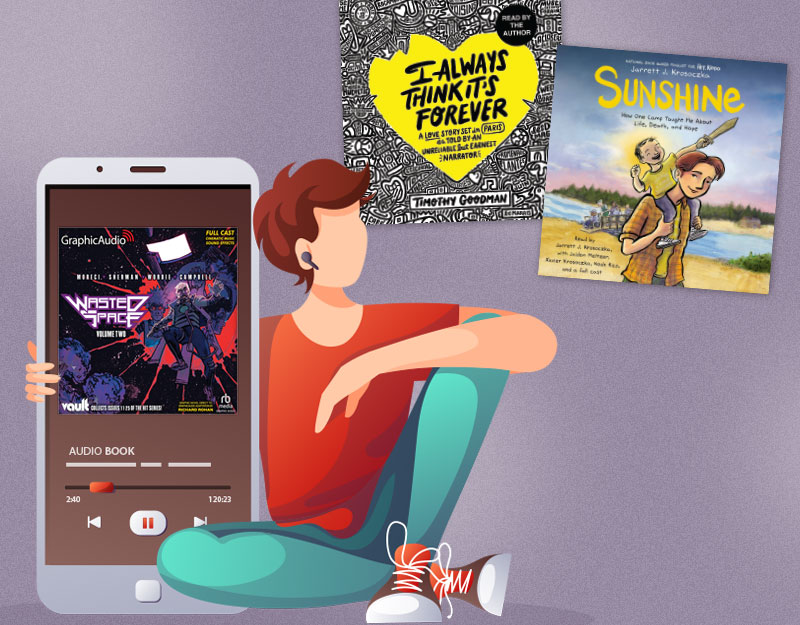
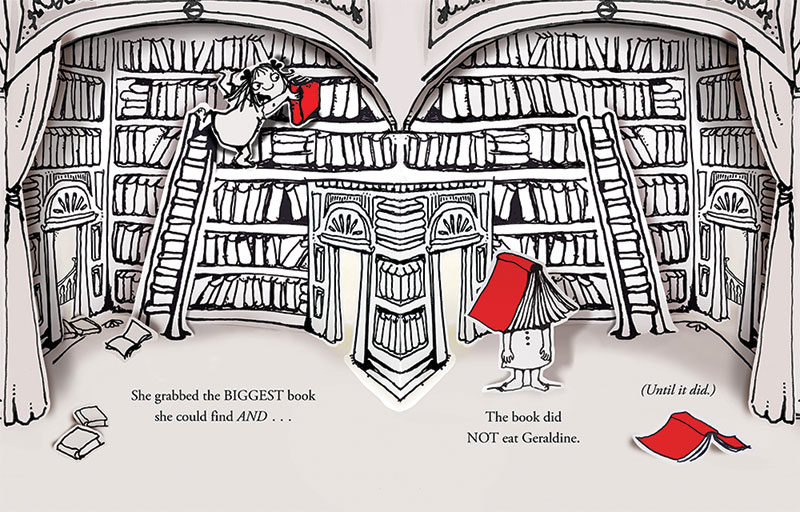
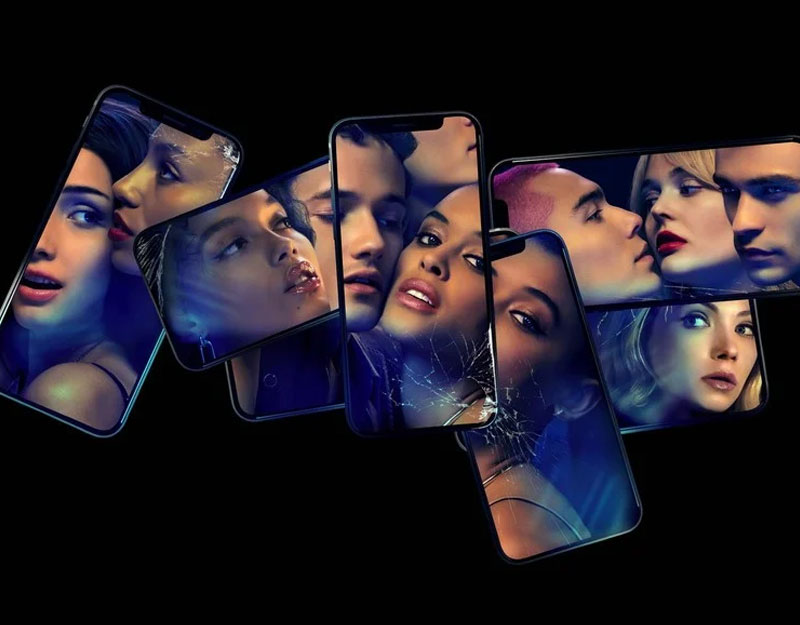
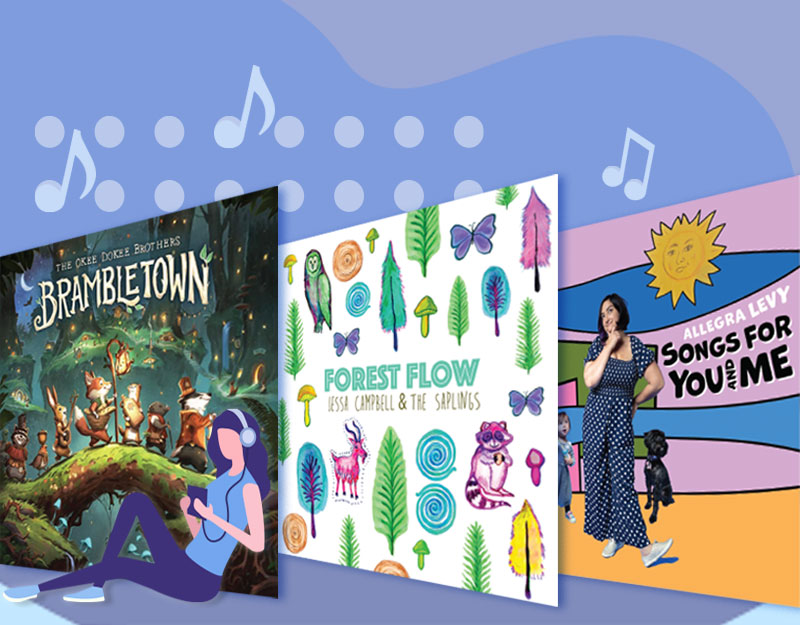
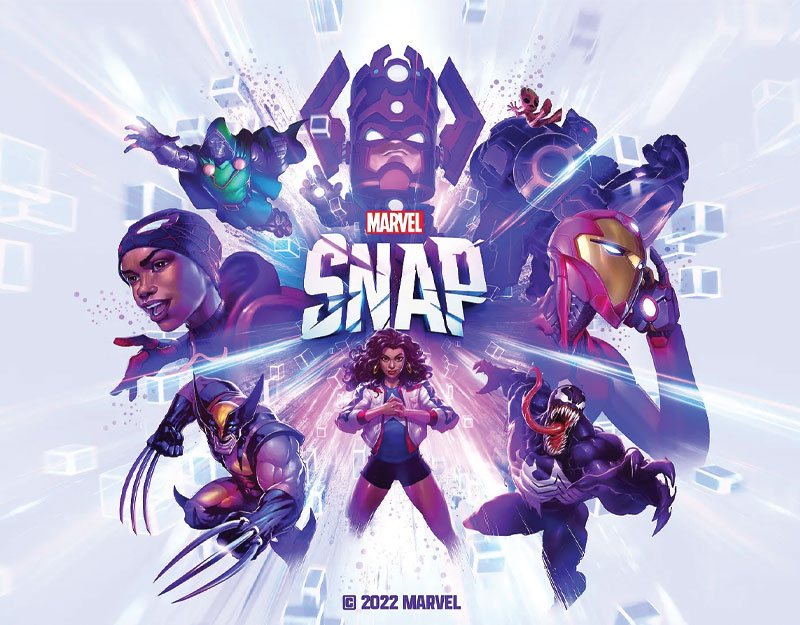
Betsy –
Thank you so much for writing about this book – I just sent it along to the rest of the children’s literature team at MSU. In addition to your notes about the story, I really appreciate two specific points: the way that parents talk in code about what they want – particularly the use of the word urban. I have heard similar language from pre-service and practicing teachers and it is a topic that we discuss in our children’s literature courses.
I also love that your observation that when vernacular is used in adult books it is artistic but that everyone freaks out about it in children’s books. I definitely want to get my hands on this book, particularly because you note that the vernacular supports the theme & character. We offer a multicultural children’s literature course where we specifically have conversations about the use of cultural vernacular and what it means for us as readers when we are not from this culture. It is awkward to talk about at first – particularly for those of us who are white – but the more we discuss why we may feel that language is either dumbed down (or too complicated) the more we reveal about ourselves and our own language preferences.
(I’m also excited to have a new horse book to pass along to my daughter that doesn’t have glitter or tiaras involved.)
– Kristin
G. Neri’s novel sounds important for the readers it targets but important for us all.
Once again, many thanks Fuse #8
Hey, Betsy. Thanks for mentioning Precious and the Boo Hag. Sounds good for some second graders I know who have been wanting to hear a scary story, and one of the local libraries has it.
I’m a white person and have no problem talking about this book. Like the protagonist, I was an urban boy and I had a horse of my own. My family lived on the lower end of the middle class pay scale, so it was a lot of work and effort to support the animal. Imagine my surprise to find a book with such an immediately identifiable theme. I appreciate your point.
“So yes, someone is going to complain about how this book is written. The fact that the language suits the characters, suits the setting, and does a great job of displaying the theme anyway? Apparently that doesn’t matter. Sheesh.”
This is a marvelous book with very strong vernacular used to strengthen he character voice, Neri makes it work very well, and I’m very glad he did..